pakistan
‘Generous’ supply of weapons to India eroding strategic stability in South Asia, Pakistan tells UN

pakistan
Govt wants more women in police department: Maryam Nawaz
Govt wants more women in police department: Maryam Nawaz
pakistan
Supreme Court reinstates Balochistan Assembly speaker, annuls ECP’s decision
Supreme Court reinstates Balochistan Assembly speaker, annuls ECP’s decision
pakistan
Govt, Opp prepare power-sharing framework for NA committees
Govt, Opp prepare power-sharing framework for NA committees
-

 Fashion3 months ago
Fashion3 months agoAmi updates bourgeois styles for fall runway show at Paris Fashion Week
-

 Sports3 months ago
Sports3 months agoSon and Bissouma ready for Spurs game with Brighton
-

 Sports3 months ago
Sports3 months agoSinisterra signs long-term deal with Bournemouth
-

 Fashion2 months ago
Fashion2 months agoGiorgio Armani catwalk blooms with florals at Milan Fashion Week
-

 pakistan3 months ago
pakistan3 months agoECP convenes emergency meeting today
-

 World3 months ago
World3 months agoNorth Korea tests underwater nuclear drone, criticises US-led joint drills
-

 pakistan3 months ago
pakistan3 months agoECP rejects Salman Akram’s plea for PTI affiliation
-

 Tech3 months ago
Tech3 months agoBMW is testing humanoid robot to automate manufacturing tasks



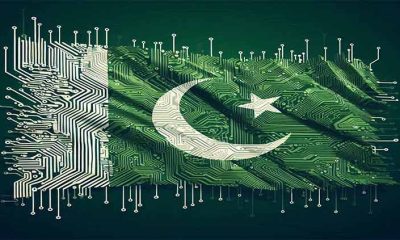

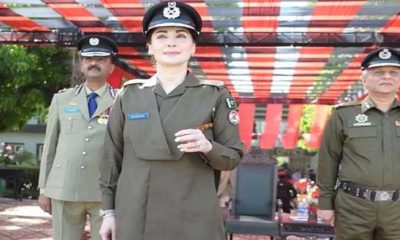

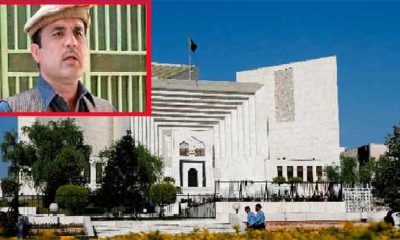

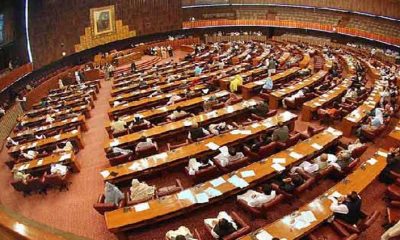

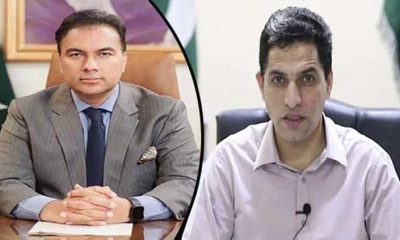


.jpg)









